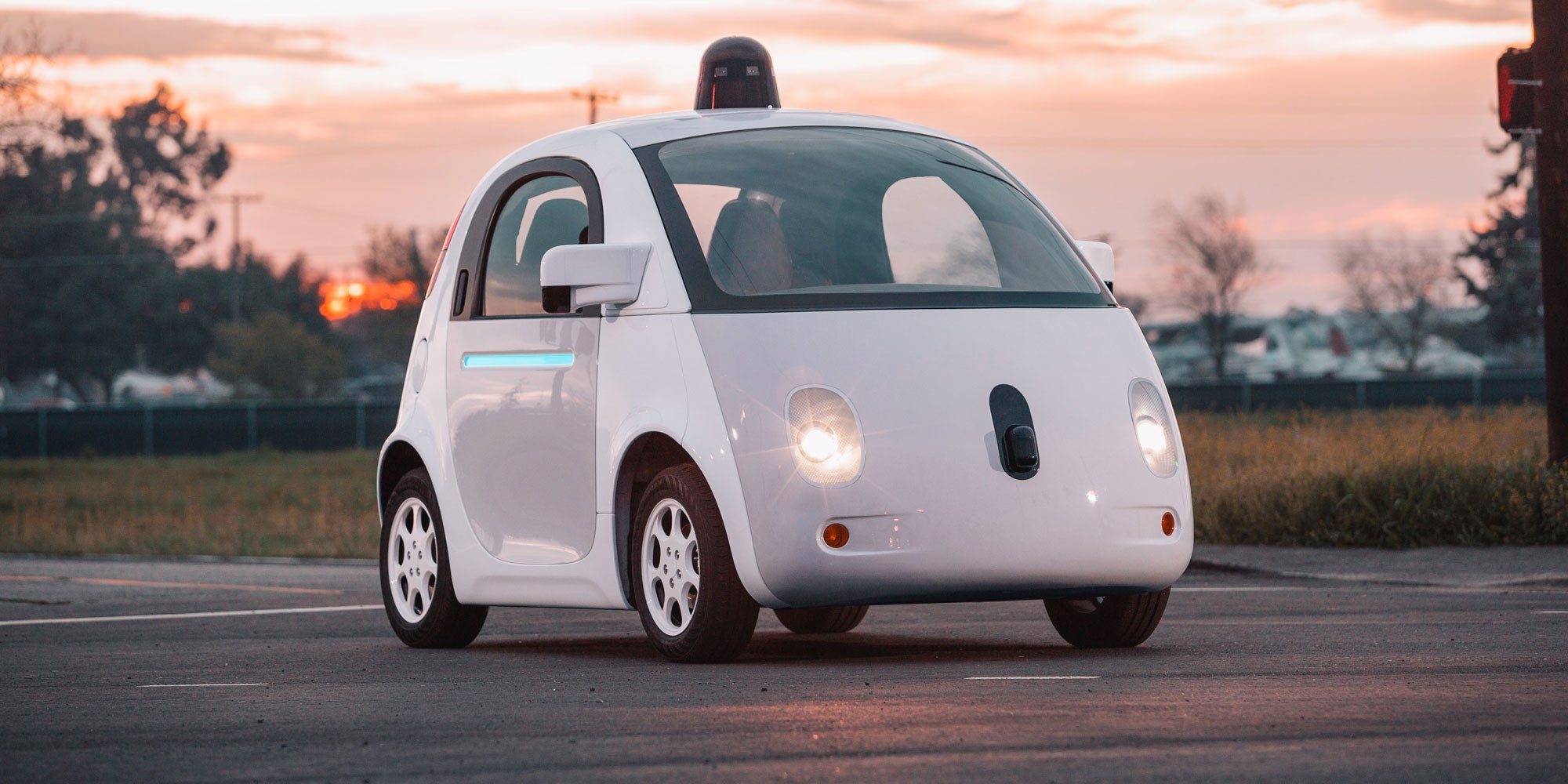
the driverless future
George Osborne announces £100m investment for driverless cars
30th March 2015
In his 2015 Budget speech, UK Chancellor George Osborne announced £100m investment for driverless cars, a figure that will be matched by private businesses to help fund exploratory research and development into how various technology and telecoms sectors will connect to one another, and wider transport networks in the UK. Alongside recent announcements from leading technology companies such as Google and Tesla, this reflects a wider global commitment to finding ways to make driverless cars a reality.All over the world, driverless cars are moving forward. Delphi Automotive recently launched the first coast-to-coast driverless car trial in the USA, with a 3,5000 mile journey from the Golden Gate Bridge in San Francisco to New York City.
Equipped with 20 different sensors, including cameras, radar and laser mapping, the automated vehicle contains two drivers that can take control during emergencies thanks to the on-board driver assistance programme. The journey will allow Delphi to generate a range of data to demonstrate the efficacy of functions such as the car's active safety systems, traffic jam assistant software and automated parking.
Liability is still an issue
Within the UK, the House of Commons Transport committee released a report in February welcoming the Department for Transport's review on The Pathway To Driverless Cars, which stated that data recording devices should be fitted to all test vehicles, but insisting that liability for crashes and how drivers will be trained and licensed to operate driverless vehicles needs to be looked at now.Speaking to the BBC, the chair of the committee stated that conflicts around who is legally responsible in the event of a driverless car crash in the UK have yet to be resolved. Axa and RSA are among the insurance partners participating in UK driverless car trials, overseeing risk assessment and joining advisory panels that examine regulatory issues.
Human drivers are "too dangerous"
Elsewhere, technology manufacturers are pressing on with developments. Elon Musk, the Tesla CEO, announced that during the summer of 2015 all Tesla cars will receive an update allowing them to drive in Autopilot mode. Few details have been revealed, aside from Musk's confirmation that the mode would enable vehicles to become "technically capable of driving from parking lot to parking lot."This advancement is in keeping with Tesla's wider philosophy that in the future it will make sense to ban people from driving cars. "It's too dangerous," Musk is recorded as saying. "You can't have a person driving a two-ton death machine."
Full automation
At the Technology, Entertainment and Design (TED) conference 2015, the director of Google's self-driving car project, Chris Urmson, echoed this sentiment. He stated that his eldest son would be old enough to take a driving test in four and a half years, and that his Google team was "committed to making sure that doesn't happen."Google have laid out a commitment to fully automated self-driving cars. Where many other vehicle manufacturers hedge their bets with the introduction of assisted driving functionality, to allow people to get used to the technology gradually, Google's prototype self-driving pods have no steering wheel by design.
Google argues that the 1.2 million people killed on roads around the world could be drastically reduced by the introduction of driverless cars. Additionally, Chris Urmson argues that over six billion minutes are wasted in traffic by drivers every day, time that could be spent more productively if journeys were automated.
Mercedes-Benz has unveiled its own designer vision of the car of the future, the F 015. Touch screens are installed on nearly all flat surfaces within the vehicle, creating a luxurious space that would be suitable for work or relaxation. Designed only to manoeuvre around an abandoned military airfield, the F 015 is nonetheless a tantalising example of the potential comfort that could be offered by self-driving cars once the hurdles of regulation and liability have been crossed.
As manufacturers and tech companies race to find ways to bring driverless car technology to market, the insurance industry needs to be involved in shaping this brave new world.
© 2025 Cheshire Datasystems Limited
Top Employer

